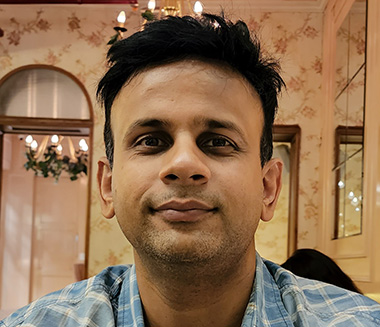Semiconductors & National Security
Research Fellow, Manohar Parrikar IDSA, Col Akshat Upadhyay’s article ‘Semiconductors and National Security’ has been published in the Def Expo edition of Indian Aerospace and Defence Magazine, on 16 October 22.
The role of semiconductors in India is a factor of three closely interlinked issues of economic development, national security and existential risks to the planet. These three issues overlap, and solutions in one case may also benefit other sectors. India’s economic development and overall security, internal and external are based on the continued availability of semiconductors....India should strengthen its self-reliance by indigenising the production of certain critical components and creating and maintaining a chain of partnerships and alliances that will weather various storms, says Col Upadhyay.
- Published: 16 October, 2022












